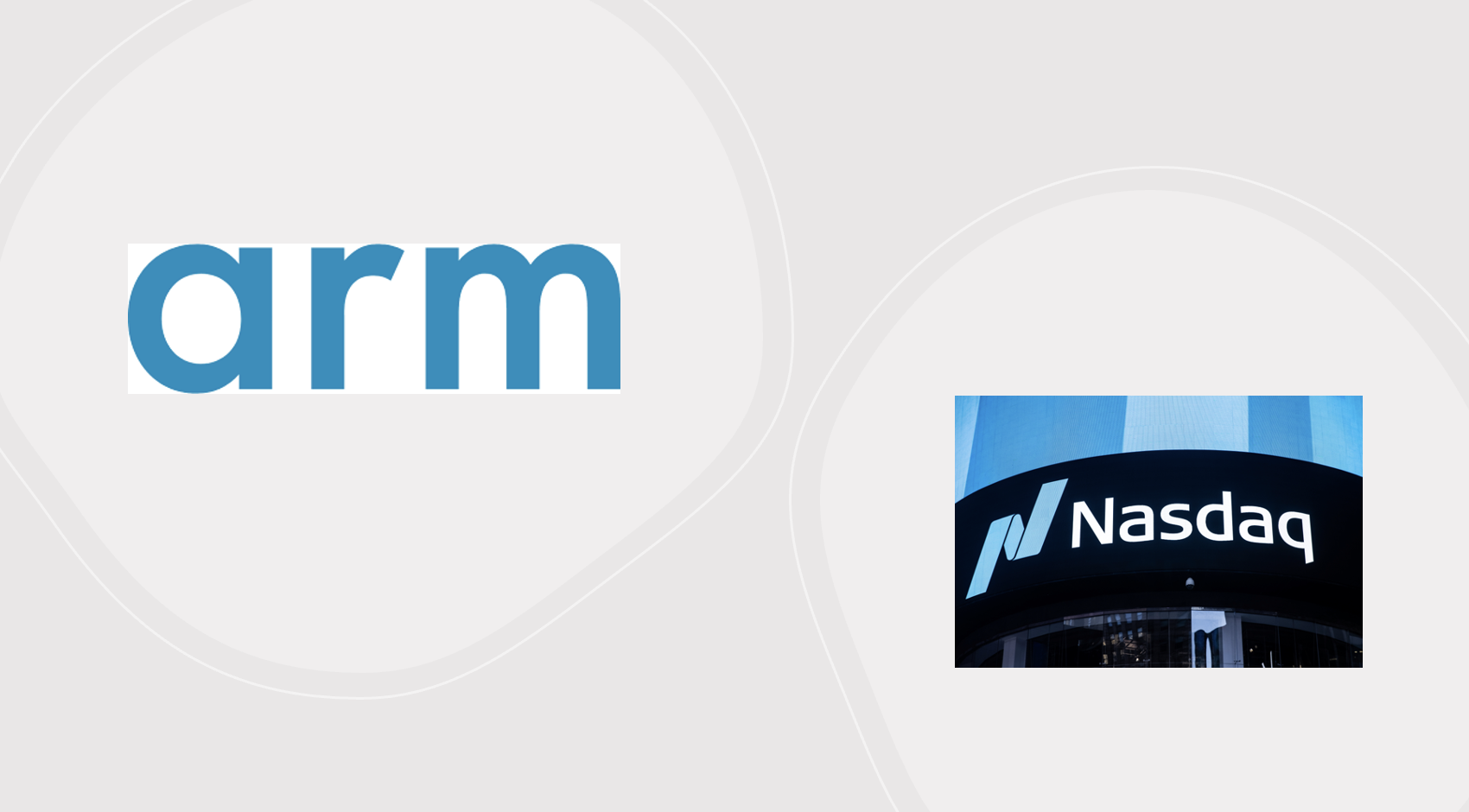
ARM Holdings, the British titan of microchip design, has officially embarked on the journey towards selling its shares on US soil. The Cambridge-based company, renowned for its chip designs for a wide array of devices ranging from smartphones to gaming systems, has publicly filed a registration statement for what could be this year’s largest initial public offering (IPO).
A Nasdaq Listing in Sight
ARM is set to hit the Nasdaq, one of New York’s premier stock exchanges, by September. The company, however, has kept the details regarding the number of shares on offer and their price under wraps. This listing could mark the biggest IPO of the year.
ARM’s History in the Stock Market
Before its acquisition by the Japanese conglomerate Softbank in 2016 in a deal worth £23.4bn, ARM was listed on both the London and New York stock exchanges for 18 years. The company’s decision to refrain from listing shares in London this time around is viewed as a setback for the UK.
The IPO Process
Taking a company public involves a significant shift from being a private entity to becoming a public company. This transition allows investors to buy and sell shares of the company’s stock on specific exchanges. As part of an IPO, companies offer shares to investors before listing. The price of these shares is usually determined by the investment banks the company hires to manage the process. Once the shares start to be publicly traded, their prices are dictated by market supply and demand. The market value of a company is then calculated by multiplying the value of the shares by their quantity.
Valuation and Funding Expectations
ARM is reportedly aiming for a valuation in the range of $60bn (£47bn) to $70bn. Previous reports have suggested that the firm was looking to raise between $8bn and $10bn via the listing on the technology-laden Nasdaq platform. The Nasdaq is home to other major technology companies such as Google, Apple, and Facebook.
The Role of ARM’s Designs
The chip design instructions and technologies developed by ARM are leveraged by manufacturers like the Taiwan Semiconductor Manufacturing Company and technology behemoths Apple and Samsung to produce their own chips.
The Crown Jewel of UK’s Technology Sector
Since its establishment in 1990, ARM has been hailed as the “crown jewel” of the UK’s technology sector. The company’s decision to list in the US over the UK has led to concerns over the UK market’s inability to lure tech company stock offerings, with US exchanges perceived to offer higher profiles and valuations. Despite this, ARM’s CEO, Rene Haas, has confirmed that the company will retain its material intellectual property, headquarters, and operations in the UK.
Softbank’s Determination Amid Global Financial Challenges
The latest filing demonstrates Softbank’s unwavering intent to proceed with the multi-billion dollar sale despite challenging conditions in the global financial markets. The number of stock market listings has seen a significant drop following Russia’s invasion of Ukraine. Shares in major technology companies have also taken a hit in the aftermath of the Covid-19 pandemic.
ARM’s Financial Performance Amid Industry Demand Fluctuations
The chip-making industry has been grappling with reduced demand following an acute shortage of semiconductors during the pandemic. This has affected ARM’s sales which dropped to $2.68bn in the year ended 31 March, a slump attributed to a decrease in global smartphone shipments. Sales for the three months to 30 June fell by 2.5% to $675m.
